Elizabeth Daryush shows how money can’t buy happiness in this sympathetic sonnet.
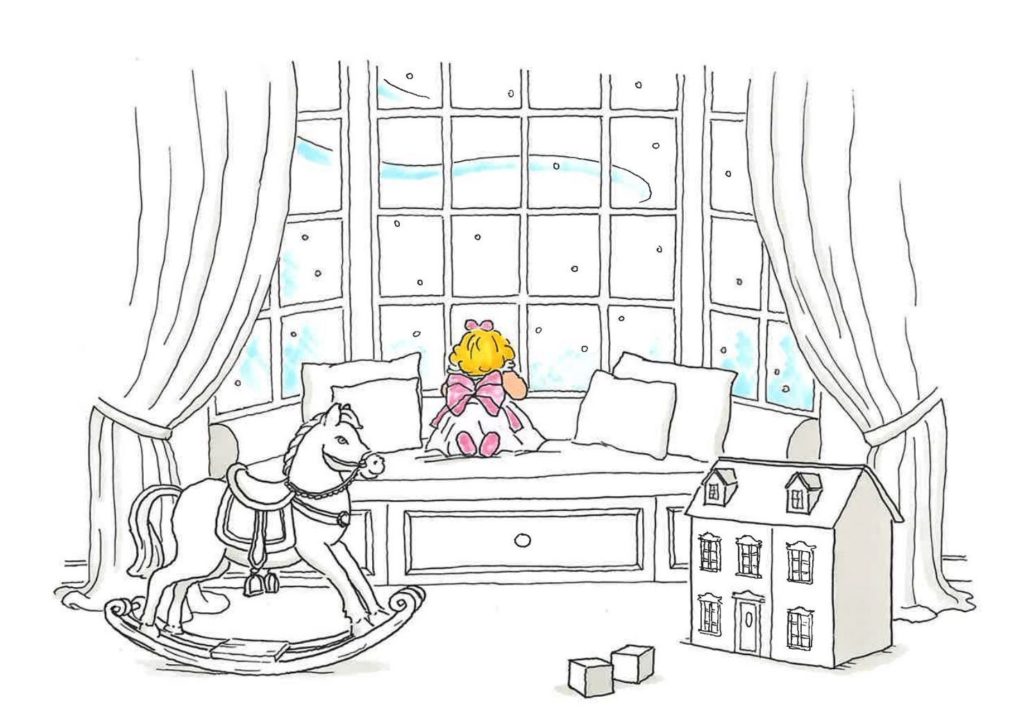
“She seems to be increasingly conscious of social injustice, of the mass of human suffering.”
Yvor Winters, writing in American Review.
Given the target of today’s poem is the privileged British upper class, you might be forgiven for thinking Elizabeth Daryush was a working-class warrior. Nothing could be further from the truth. Daughter of a Poet Laureate, as a young girl she enjoyed all the trappings of privilege. Nevertheless, she was often critical of the upper classes and, through her poetry, advocated for social justice and equality of opportunity. However, knowing something of the downs (as well as ups) of being cosseted in wealth and comfort, Daryush’s criticisms are never mean or unjustified. As you’ll see in Children of Wealth, while calling for the abolishment of barriers that separate people of different classes, she still treats her subjects with sympathy, recognising how coddled children, swaddled in layers by overprotective parents, often lose as much as they gain. Deprived of chances to join in with fun that others might take for granted, they grow up ignorant of life’s rich and visceral experiences; tumbling in the snow, getting pelted with snowballs, and enjoying that invigorating feeling of just playing outside – whatever the weather:
Children of wealth in your warm nursery, Set in the cushioned window seat to watch The volleying snow, guarded invisibly By the clear double pane through which no touch Ultimately penetrates, you cannot tell What winter means; its cruel truths to you Are only sound and sight; your citadel Is safe from feeling, and from knowledge too. Go down, go out to elemental wrong, Waste your too round limbs, tan your skin too white; The glass of comfort, ignorance, seems strong To-day, and yet perhaps this very night You’ll wake to horror’s wrecking fire – your home Is wired for this, in every room.
We first meet the children of wealth on a cold winter’s evening; heavy snow is falling outside – and they watch, enthralled, through a thick glass window behind which they are kept safe and warm. The coddled warmth of the nursery is immediately evoked in the first line of the poem: Children of wealth in your warm nursery. Patterns of consonance and alliteration made with the letters W, M and N warm the poem as underfloor heating warms a house: wealth, warmth, window seat to watch… and more besides. The combination of these letters, all soft consonants, sounds woolly and unformed, smouldering warmly. Occasionally, Daryush turns the thermostat up even higher through fricatives (made with the letters F, V and Th, as in the line safe from feeling) and sets the temperature to maximum by combining soft consonants with assonance in the form of long O and OU sounds: listen to the way your combines with warm to lull us into a heat-induced stupor. A corollary effect of so much warmth is to induce a dreamlike lethargy, making the images of the poem fuzzy and unclear. This effect is particularly apparent in the phrase it’s cruel truths to you are only sound… where long vowels create a muffled auditory image of the winter wind howling outside the thick double panes of glass – the sound is eerie and deadened, depriving us of the full force of the snowstorm’s power. While we can all see and hear the force of the gale, we don’t feel any visceral impact, and even the sound is dulled as if our ears are wrapped in warm cotton mufflers.
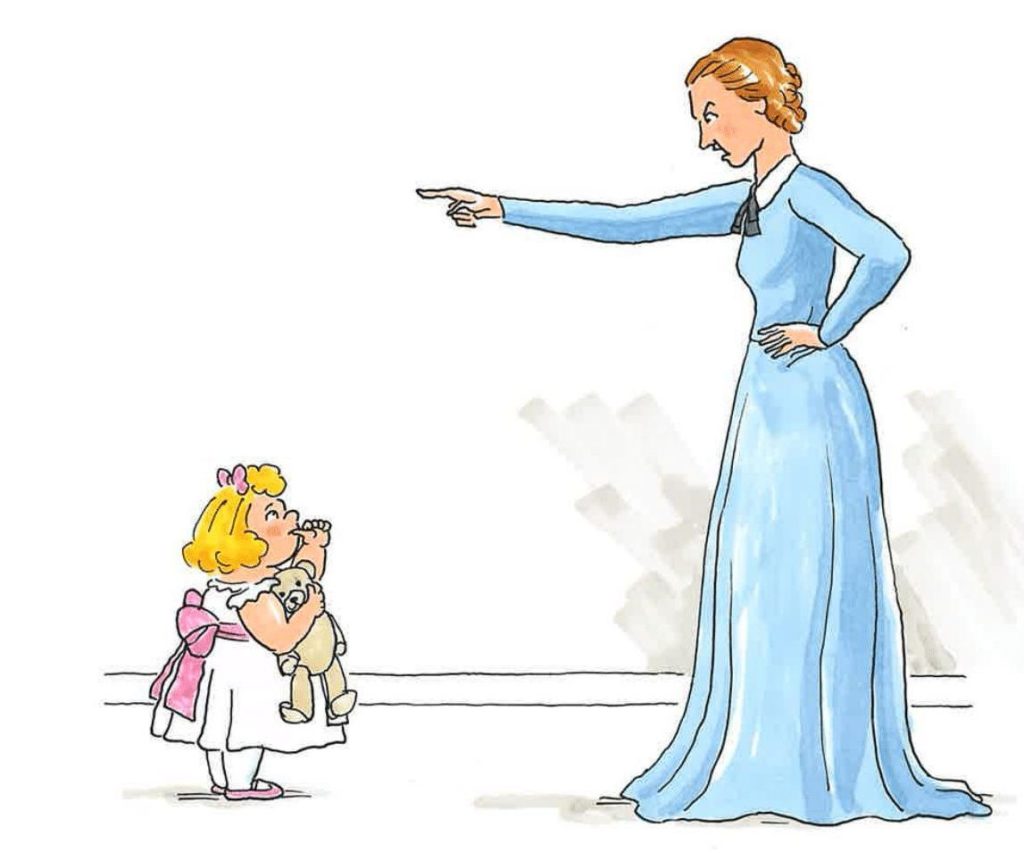
That clear double pane of glass which separates the child from the snowstorm outside therefore becomes the poem’s most important symbol. The children are described as invisibly guarded, and the panes of glass fulfil the role of guardian figures. But what cold, uncaring guardians they must be. Is the glass doubled to call attention to the conspicuous absence of Mum and Dad in the poem? When Daryush writes through which no touch ultimately penetrates, she’s not only referring to the storm, but about the way the children are missing even the slightest intimate human contact – a cuddle before bed, rough and tumble with an older brother, riding on the shoulders of a favourite cousin. There’s nary a nanny hovering in the background, the children were just somehow set in the window by unseen hands. Even this little word is revealing; set is something you do to objects, not people, and the word has an indifferent, uncaring quality to it. As we notice the lack of other adults in the children’s lives, the title of the poem comes into play. These poor kids are labelled Children of Wealth, as if they are born from ‘money’ itself. But cold coins are as unfeeling as that smooth, hard glass; neither are any substitute for a living, breathing family member who might show some love and affection from time to time. All things considered, that warm nursery doesn’t seem quite so comforting any more.
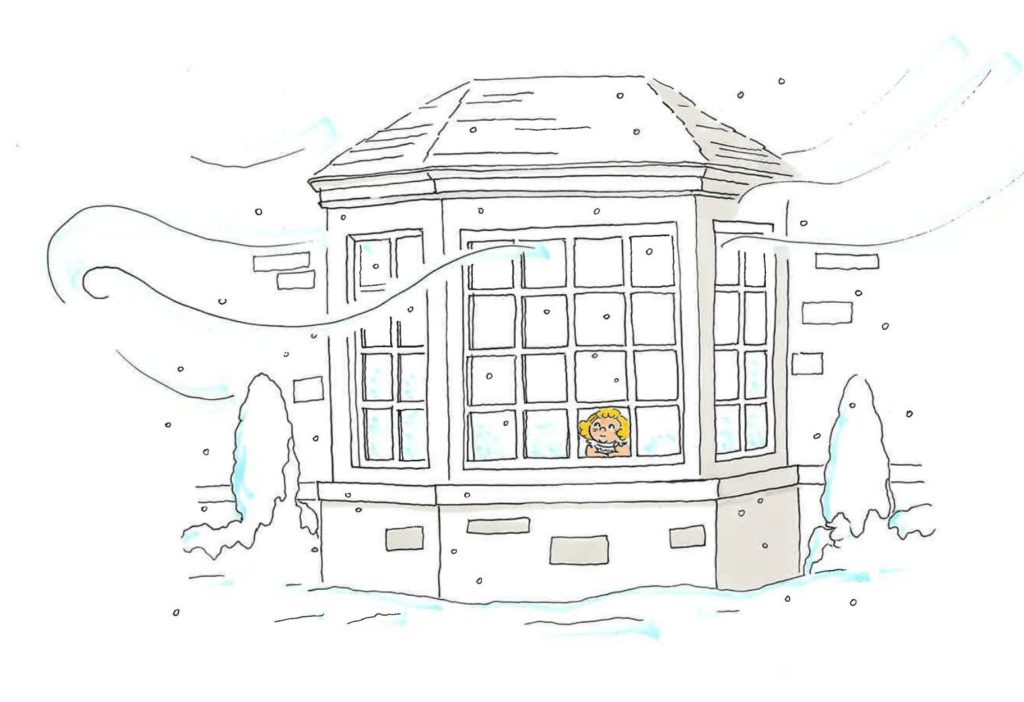
Acting as a stand-in guardian, the window works like a television, letting the children see and hear but not participate in any meaningful way with whatever action runs across the screen. In the second line, Daryush made a point of saying how the children were set to watch the snow – but not to interact with it. Sight and sound are only two of our five senses, so the children are deprived of any chance to develop other ways of perceiving the world, particularly through physical contact which is negated in line four: no touch. The primacy of vision as the children’s only means of learning is suggested through words from the lexical field of ‘sight’: watch, invisibly, clear, sight, and glass; yet the poem’s visual imagery is defined by a lack of colour. Daryush sketches the outside world in a bare, clinical whiteness: snow, winter, that stark, clear glass again and, in line ten, the white skin of the children. The poem’s colourless palette effectively conveys the lack of vividness in a world only seen and not truly felt. We’ve discussed before about how sound, ostensibly permitted by the window, is dulled. The storm, as heard through the thick glass windows, is weak and insubstantial: lines like set in the cushioned window seat and …sight and sound; your citadel is safe… contain sibilance that conveys only a faint trace of the storm’s power rather than the full force of driving wind and snow.
By contrast, outside, barely a few inches away from the child’s nose pressed wonderingly against the glass, the snowstorm rages. Its power is implied through metaphor when Daryush describes the snow as volleying, suggesting the force of the wind is such that the snow is falling sideways! We can investigate this word a little further. While we might connect volleying to sports (such as volleyball, football or tennis), the word’s etymology derives from French ‘volere’, where it was used to describe artillery in battle: a ‘volley of gunfire’ describes a group of soldiers discharging their rifles at the same time. Attaching this word to the snowfall suggests how harmful it might seem to an overprotected child. Deprived of play, and of any opportunity to ‘toughen up’, the idea of going out in the snow appals the children’s invisible guardians who fear their wards getting hurt. Another word from warfare, citadel can also be read metaphorically. Meaning ‘a fortress’ that defends the children from harm, their grand house is also a kind of prison, locking them up behind high walls and invisible, impenetrable, barriers. This prison might be warm and comfy, adorned with the trappings of wealth, such as that cushioned window seat. Nevertheless, it’s hard to avoid the idea that the children are being profoundly deprived by their well-meant but misjudged upbringing. Cosseted behind glass the children are safe from feeling – a phrase loaded with irony because ‘feelings’ (physical sensations and emotional experiences) are something children should never lack – and safe from knowledge too. The word knowledge links with various others in the poem – tell, truths, ignorance – to suggest a serious stunting of educational opportunities. Some types of knowledge can only be gained experientially by going out there, interacting with one’s environment, and getting one’s hands dirty. Of course, there will be an element of risk in the world outside the mansion gates. But people learn and grow through making mistakes and overcoming danger.
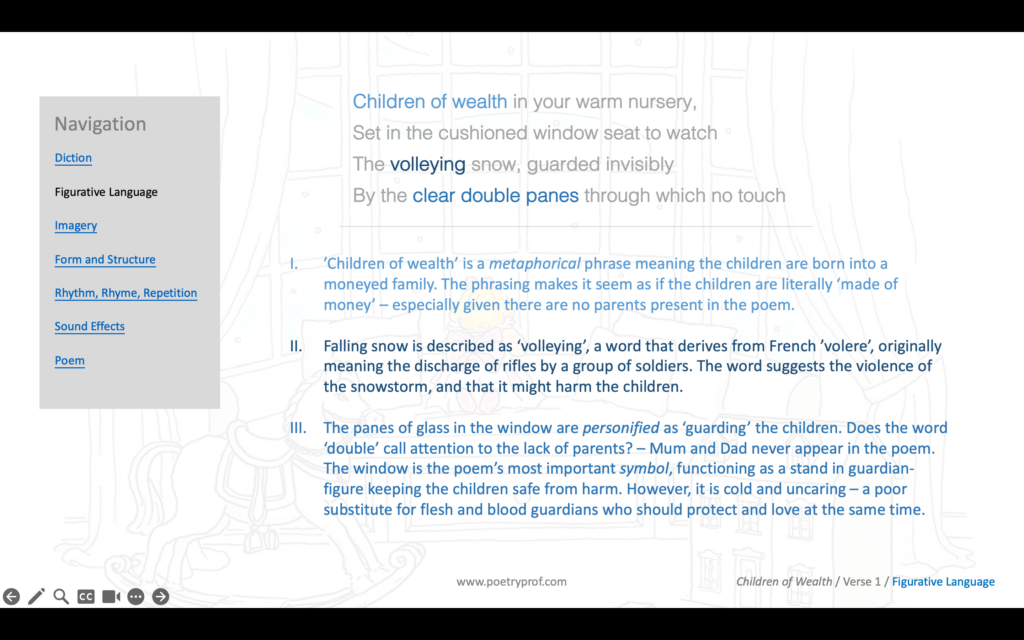
Daryush’s poem follows a very traditional sonnet form – although she adds her own personal touches and ends with a flourish, which we’ll get to later. A poem of fourteen lines, a sonnet follows its own distinct internal structure: an octave (the first eight lines) followed by the sestet (the last six lines). In traditional Petrarchan sonnets (the form Daryush most closely adheres to) the sonnet turns between lines eight and nine. Also called volta, the turn is where something in the poem changes; the change could be as subtle as a shift in tone or perspective, or it could be more obvious. Daryush structures her poem so that the octave defines the problem or argument – and the sestet offers a solution. She employs structural features to make her turn unmistakeable: the octave is written in one long sentence, and the poem’s first full stop occurs at the end of the eighth line. Unusually, she also presents this sonnet in three verses, using a line break between the octave and sestet, and another before the final rhyming couplet. You won’t see this in too many other sonnets which are normally presented in one unbroken verse. Like her father before her, though, Daryush wasn’t averse to playing with form where it suited the story she was trying to tell, and the urgency behind her requests for the children to break through that glass barrier before disaster strikes is conveyed by the ever-shortening verse lengths of the poem. In another example of how form marries perfectly with the themes of her story, where a traditional Petrarchan sonnet rhymes ABBAABBA, Daryush rhymes her poem ABABABAB… Also called alternating rhyme, what better way to suggest ideas like ‘separation’ and ‘isolation’ than never allowing her rhyming words to touch each other.
Accordingly, in the second verse, having laid out what she perceives to be the problem, Daryush turns and proposes a radical solution: Go down, go out to elemental wrong. In other words – put on your wellies and mittens and go out to play in the snow! Elemental wrong is a wonderful metaphor that suggests how alien the snow would feel to a person almost totally deprived of visceral, physical experiences. There’s heavy irony in the word wrong, and in cruel as well; we could more easily accuse those absent parents of neglectful cruelty than a few inches of snow. Daryush’s voice takes on the edge of command through repetition (repeating words at the beginning of lines and phrases is technically called anaphora) of the verb go in the imperative tense. She urgently exhorts the children to leave their warm nursery and bravely venture out to experience winter first-hand – through touch rather than sight alone. In a slightly unkind (but no doubt accurate) description she calls their little arms and legs too round limbs, as if a life of indulged comfort has fattened them up and made them a bit pudgy; and the oxymoronic tan your skin too white suggests the way children can be strengthened and toughened, like metal tempered in a white-hot forge, through physical challenge. As if trying to force her sharp words through the glass, Daryush employs consonance in a series of hard sounds that oppose all those warm sounds we previously discussed: Go out, go down… tan your skin too white… glass of comfort, ignorance… all phrases from the second verse, contain a smattering of gutturals and dentals that tinkle like shards of broken glass or the crunching of snow underfoot.
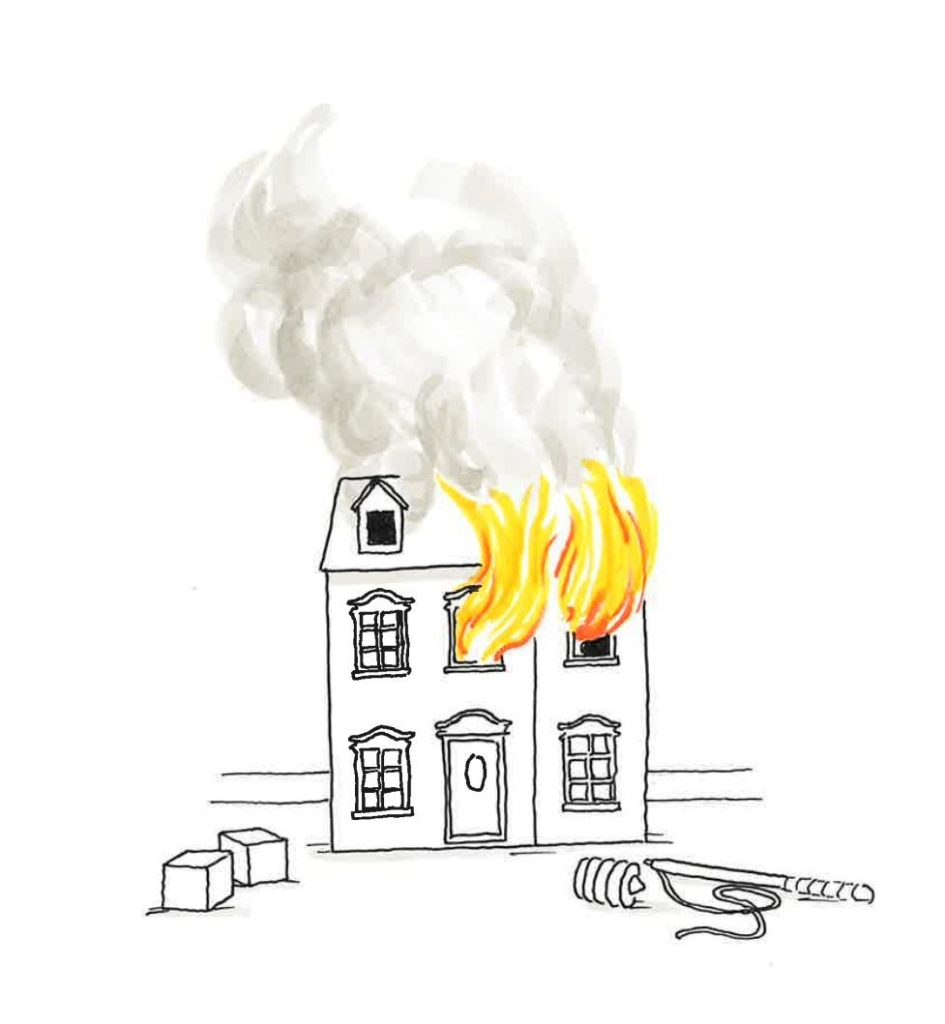
The final lines of the poem offer a frightening alternative, a warning to the children of wealth and their parents, should they care to listen. Through the pointed use of the word seems, she reminds them all that, while their protective barriers may look and feel strong, they are much more vulnerable than they might appear. In fact, when disaster strikes, the very forces keeping the winter winds from getting in will prevent them from getting out as well. In an image that’s shocking and vivid, Daryush imagines fire suddenly coursing through the nursery, wrecking the carefully controlled, hermetically sealed rooms that the children are in and casting everything in a devilish orange light that contrasts so wonderfully with the pale white imagery of the previous lines. There’s a threatening undertone to the way Daryush promises the fire will come to-day, and perhaps this very night… as if she can foresee a deliberate arson attack on the rich estate by a mob bearing pitchforks and flaming torches. The way the second verse enjambs into the third evokes the way an angry flame can quickly spread – or even the smashing of the social barriers that separate the one-percent from the rest of us. After all, history teaches us that unequal societies never last, and the vivid imagery at the end of the poem alludes to the way Nero’s Rome, Louis’ France and other massively unequal societies have ended in violence and fiery destruction.
Of course, the fire is more symbolic than real, metaphysical rather than literal. The harmful flames relate to the warmth of the children’s nursery to imply the two are causally linked. The way the home is wired for this suggests the destructive horror is actually self-inflicted, that the very idea of being totally impervious to risk is doomed to failure. It’s not that you can’t keep children safe from harm all the time – it’s that you shouldn’t. An epiphany is a sudden revelation, a flash of recognition when the full essence of a time, event, person, or memory is realised. Is it possible that the fire occurs in the very minds of the children who are supposed to be kept safe, a moment of epiphany after they are all grown up and look back on their deprived childhoods with anger rather than gratitude? The end of the poem leaves this possibility open to interpretation.
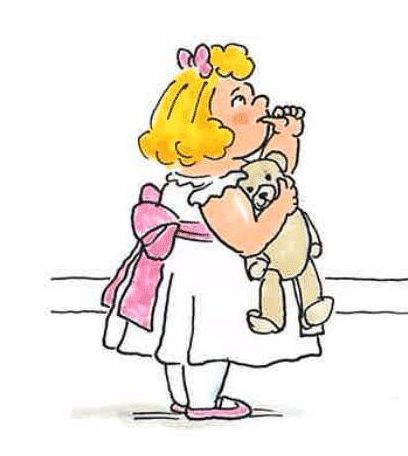
Suggested poems for comparison:
- You Should at Times Go Out by Elizabeth Daryush
Reading almost like a prototype of Children of Wealth, this poem also explores the idea that experience is fundamental to knowledge. Daryush urges her reader to quit your sunny home and visit slums, scorned ways and sit a while in wrong’s dark room.
- London Snow by Robert Bridges
Written by Elizabeth’s father, this poem too explores the transformative power of snow. One morning London awakes to find a layer of snow has completely covered the city, and people are temporarily distracted from their ordinary lives.
- To A Millionaire by A.R.D. Fairburn
This poem by an ex-vicar from New Zealand is much less forgiving of the wealthy classes. An angry diatribe, addressed directly to a millionaire, Fairburn dares to pry behind the mask of money to expose the rot and corruption seething underneath.
Additional Resources
If you are teaching or studying Children of Wealth at school or college, or if you simply enjoyed this analysis of the poem and would like to discover more, you might like to purchase our bespoke study bundle for this poem. It costs only £2.50 and includes:
- Study questions with guidance on how to answer in full paragraphs.
- A continuation exercise to help you practise analytical writing.
- An interactive and editable powerpoint, giving line-by-line analysis of all the poetic and technical features of the poem.
- An in-depth worksheet with a focus on exploring the poem’s sonnet form.
- A fun crossword quiz, perfect for a starter activity, revision or a recap – now with answers provided separately.
- A four-page activity booklet that can be printed and folded into a handout – ideal for self study or revision.
- 4 practice Essay Questions – and one complete Model Essay for you to use as a style guide.
And… discuss!
Did you enjoy this breakdown of Elizabeth Daryush’s poem? Did you find yourself sympathising with the children of wealth as well? What do you think the fire at the end of the poem symbolises – or do you think it’s real? Why not share your ideas, ask a question, or leave a comment for others to read below.